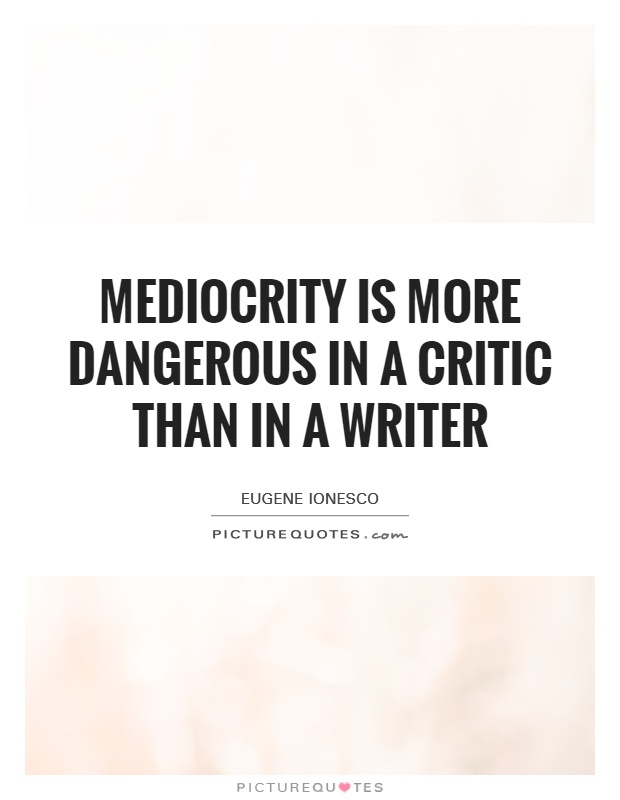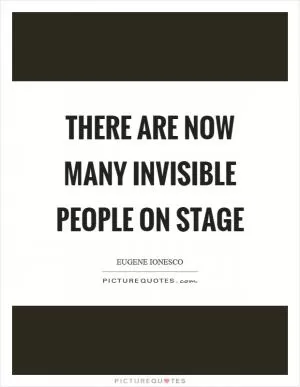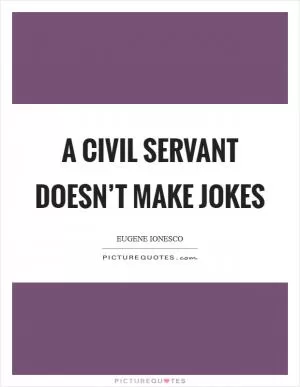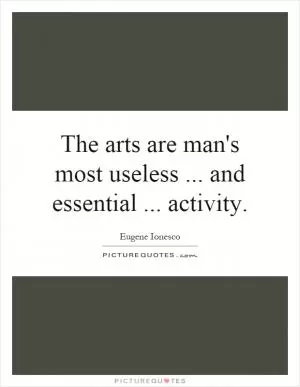Mediocrity is more dangerous in a critic than in a writer

Mediocrity is more dangerous in a critic than in a writer
Eugene Ionesco, the renowned Romanian-French playwright and dramatist, is no stranger to criticism. Throughout his career, he faced both praise and backlash for his avant-garde and absurdist works. As a writer, Ionesco pushed the boundaries of traditional theater and challenged audiences to think beyond the conventional norms of storytelling. However, it is in the realm of criticism where the danger of mediocrity becomes most apparent.In the world of literature and theater, critics play a crucial role in shaping public opinion and influencing the reception of a writer's work. A mediocre critic, one who lacks depth of understanding or insight, can do more harm than good by misinterpreting or misrepresenting the intentions of a writer like Ionesco. Mediocrity in a critic can lead to a shallow analysis of complex works, resulting in a skewed perception of the artist's true genius.
Ionesco's plays, such as "The Bald Soprano" and "Rhinoceros," are known for their absurdity and existential themes. A critic who fails to grasp the deeper meanings and complexities of Ionesco's work may dismiss it as nonsensical or meaningless. This can have a detrimental effect on the playwright's reputation and legacy, as well as on the understanding and appreciation of his work by future generations.
On the other hand, a mediocre writer may produce works that are forgettable or uninspired, but the impact of their mediocrity is limited to their own body of work. In contrast, a mediocre critic has the power to shape public opinion and influence the reception of a writer's entire oeuvre. This is why it is essential for critics to approach their work with diligence, insight, and a deep understanding of the art they are critiquing.












 Friendship Quotes
Friendship Quotes Love Quotes
Love Quotes Life Quotes
Life Quotes Funny Quotes
Funny Quotes Motivational Quotes
Motivational Quotes Inspirational Quotes
Inspirational Quotes